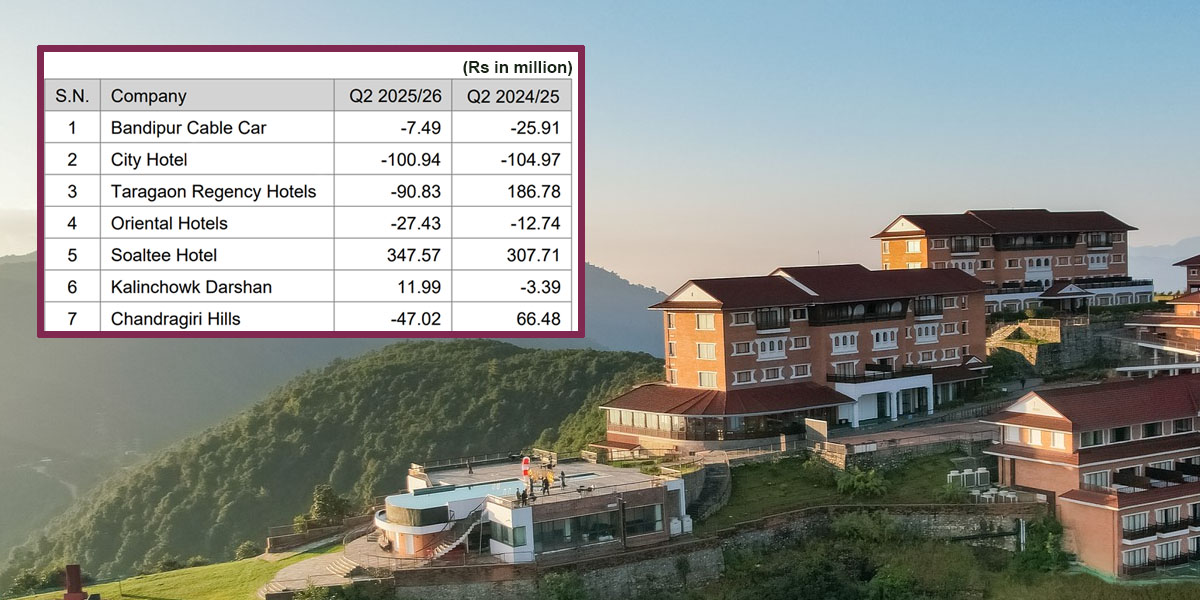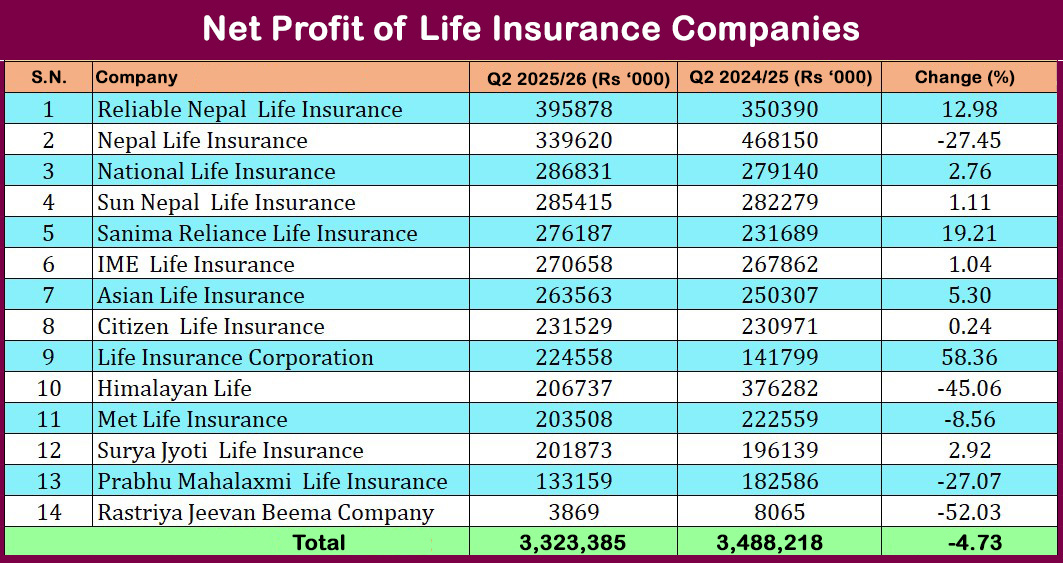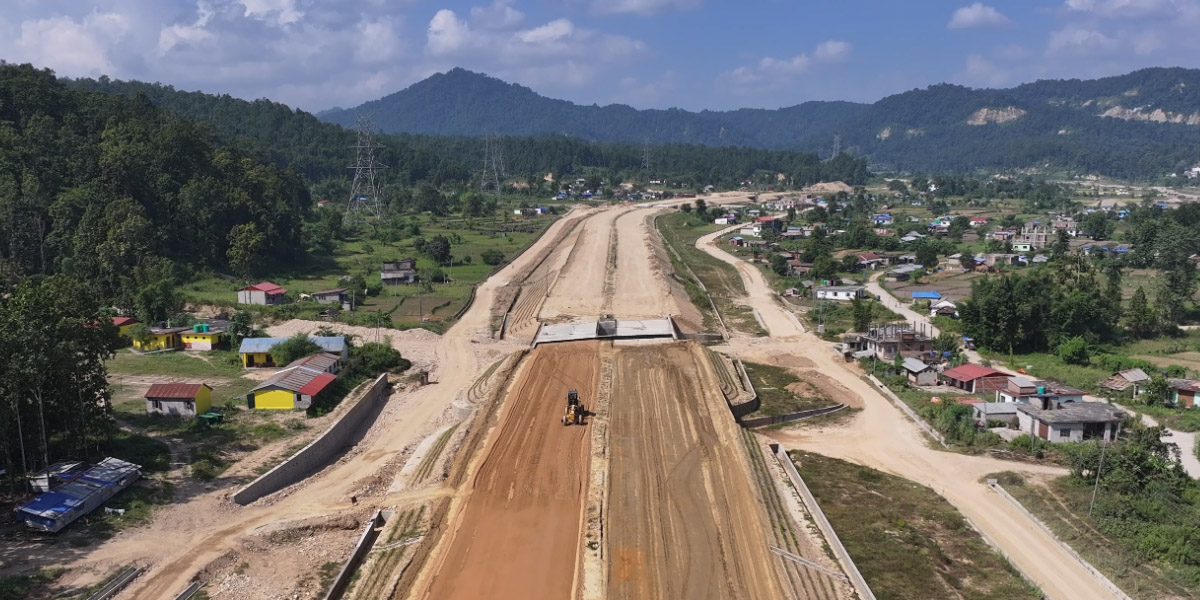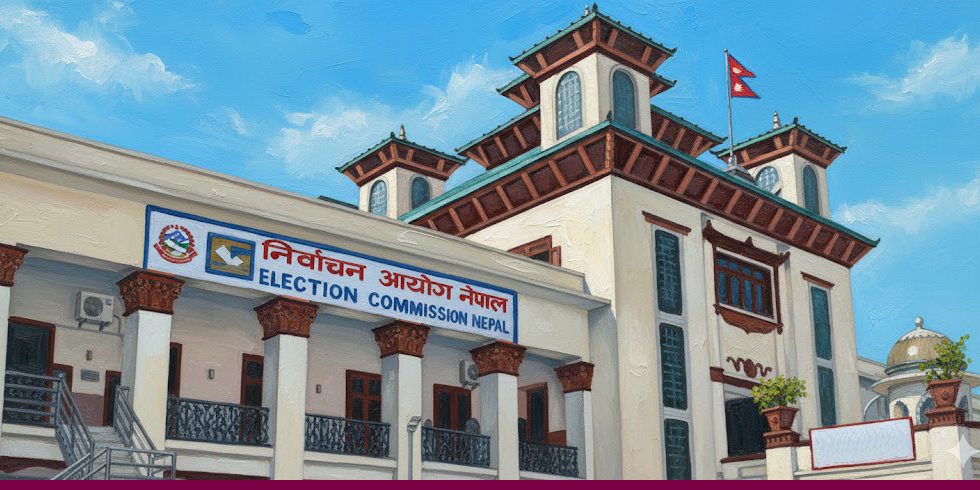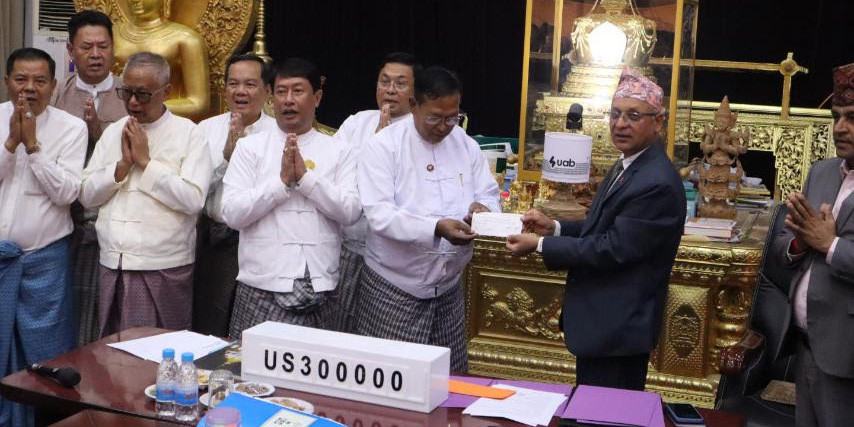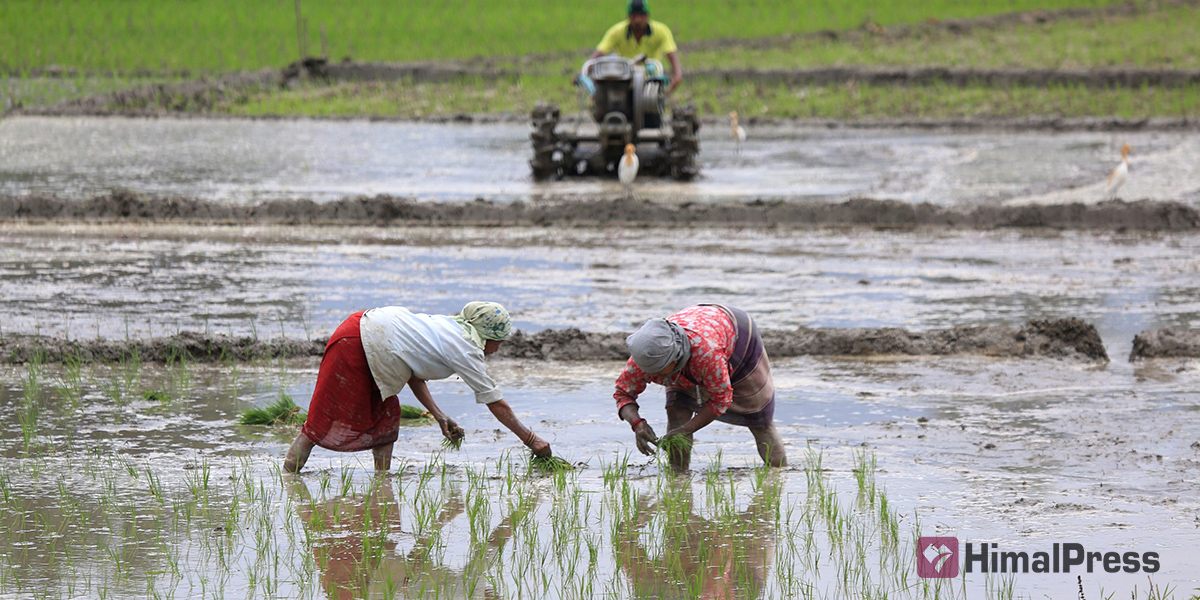 File Photo
File Photo
KATHMANDU: The government has declared the next ten years, starting from the fiscal year 2024/25, as the “Decade of Investment in Agriculture.”
The government’s policies and programs presented in parliament last week state that investments from the government, private sector, cooperatives, and development partners will be increased in the agriculture sector over the next ten years.
The declaration, however, has drawn criticism from stakeholders who argue that the program was announced without adequate preparation. Various organizations in the farming sector, as well as employees of the Ministry of Agriculture and Livestock Development, are dissatisfied with this declaration. However, Minister for Agriculture and Livestock Development, Jwala Kumari Sah, says that the Decade of Investment in Agriculture has been announced to increase farm production, commercialize the agriculture sector, enhance farmers’ participation, and make agriculture Nepal’s primary source of income.
According to Minister Sah, this declaration will attract more entrepreneurs to the sector which will eventually lead to increased farm outputs. “The policies and programs of the government call for increasing investment from the government, private sector, cooperatives, and development partners by declaring 2024/25-2033/34 as the Decade of Investment in Agriculture. This presents an opportunity to invest in agriculture,” she added.
Although the policies and programs has targeted to achieve self-sufficiency in major food grains and vegetables, the country currently relies on imports for rice and other food grains and vegetables.
Maya KC, president of the Nepal Farmers’ Association, said the government should focus on marketing agricultural products produced by farmers and providing technical training to them. She accuses the government of only introducing populist schemes. “The declaration of the Decade of Investment in Agriculture looks good on paper. However, currently, no entrepreneurs, farmers, or investors in this sector are interested in investing. This has raised concerns that this program may also turn out like the previous Prime Minister’s Agriculture Modernization Program,” she added.
The policies and programs have announced the restructuring of agricultural initiatives to achieve self-sufficiency in major food grains and vegetables. The government is preparing to ensure easy access for farmers to farming tools and inputs before the planting season. Similarly, the policies and programs mention promoting the use of modern technology in agricultural production, conserving arable land, utilizing barren and riverbank lands, and carrying out land consolidation.
The government has set a budget ceiling of Rs 51.88 billion for the Ministry of Agriculture and Livestock Development for the fiscal year 2024/25. This is lower than the current fiscal year’s budget ceiling of Rs 52.46 billion, which was ultimately raised to Rs 58.98 billion.
Ministry officials say the actual budget allocation in the coming fiscal year could be around Rs 60 billion.
According to the Department of Customs, the country imported Rs 46 billion worth of paddy, rice, corn, barley, buckwheat, millet, and other food grains over the first ten months of the current fiscal year. Most of these food grains came from countries like India, China, Mexico, Bangladesh, and Germany.
Ministry spokesperson Sabnam Shivakoti Aryal said Nepal has been importing food grains due to insufficient domestic production. “The declaration of the Decade of Investment in Agriculture will help increase production in this sector. The ministry is studying potential areas for investment under this plan,” she said. “We are currently studying, in collaboration with local levels, how much production of rice, corn, wheat, millet, potatoes, and other food grains can be increased. Production of crops like corn and wheat has been increasing over the past few years.”
Aryal also said that new schemes and programs are being prepared for the coming year to increase agricultural production, achieve self-sufficiency in food grains, improve marketing, and provide technical training to farmers.



